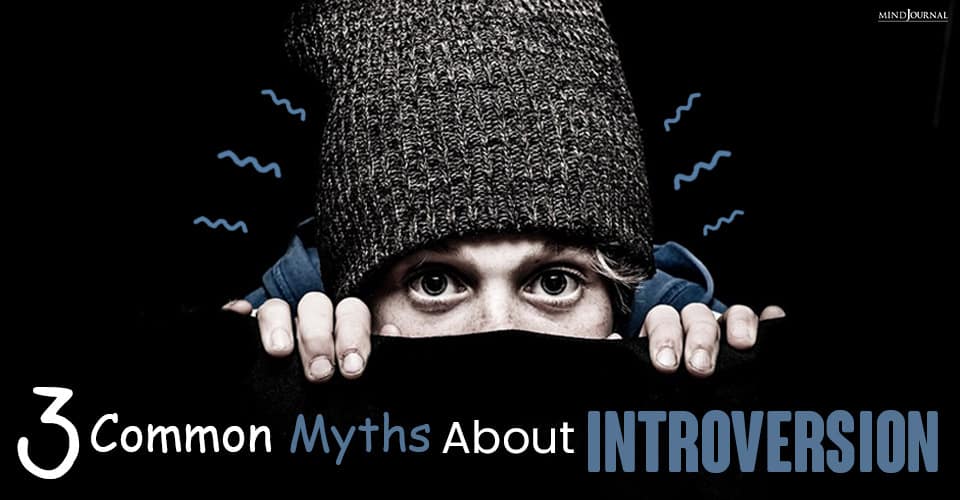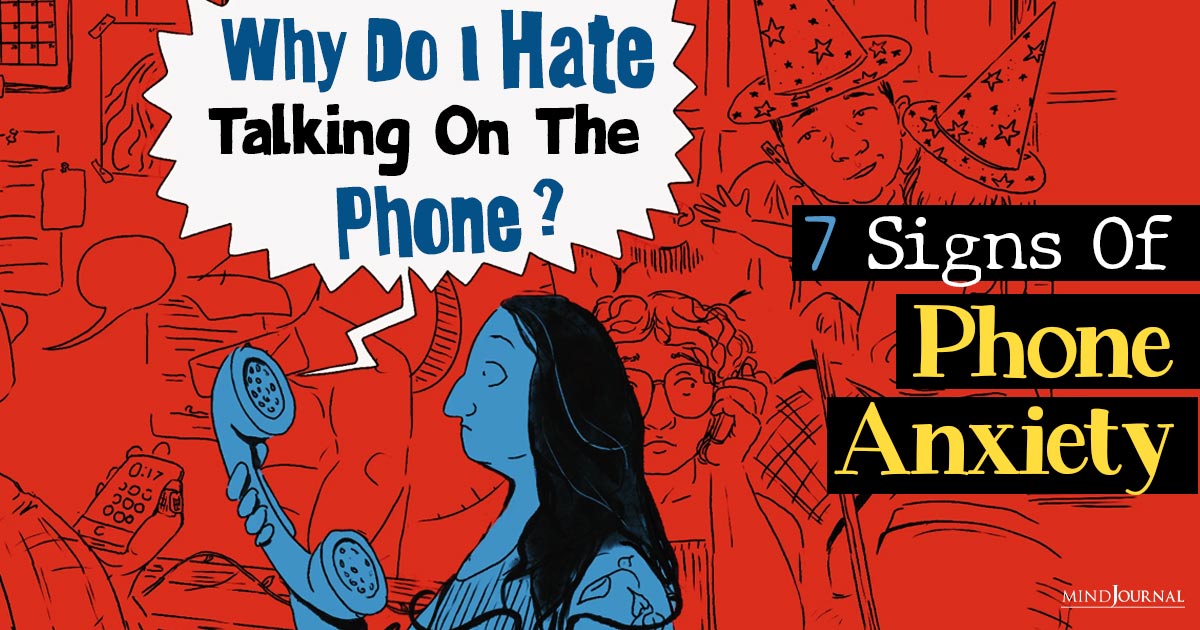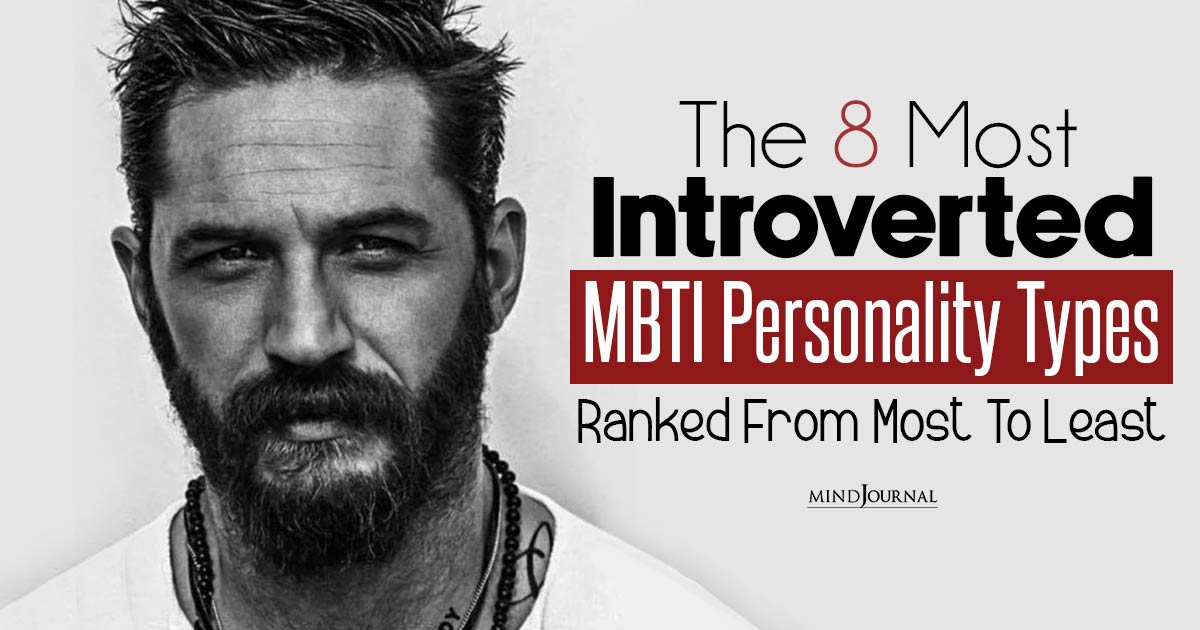There are many myths associated with introversion even today, and debunking those myths will help everyone understand introverts and their personalities better, instead of judging them and assuming things about them.
Ever since the terms introversion and extroversion became common, the generally accepted view was that extroverts were the “positives” – they appeared confident, commanding, popular, happy, full of ideas, and successful.
Along with this cultural norm, came the view that introverts by definition must be the opposite of extroverts. We were the UN-extrovert.
So if individuals, teams, companies, and cultures believe introversion is the opposite of extroversion, they must also embody the opposite adjectives; thus, introverts have been defined as those with low self-esteem, soft, unpopular, sad, uncreative, and unsuccessful. Many of these adjectives are still recognized in dictionaries and thesauruses today!
These horrible monikers have been attached to introversion in reference books, but worse yet to people’s thinking. Many extroverts steer away from introverts as friends, teammates, or new hires because of this stigma. Some introverts succumb to these descriptors themselves, often becoming dejected or depressed.
Thus, it may come as a surprise to extroverts and many introverts as well, that we are NOT opposites. We all live on a continuum and each of us has various areas of comfort. Someone may relate most to the introvert label, but this doesn’t mean we carry any of the labels society and dictionaries suggest.
Introversion is a journey of discovery, learning, and strength. Some of us now know the real facts while for others it is time to shed the heavy burden, explore strengths, embrace introversion, and champion your amazing talents for the world.
Related: 10 Popular Myths About Introverts That Are Far From Truth
Let’s destroy three well-recognized myths and make new, bold statements here:
1) Introverts are social
We do enjoy being with people. We can put words together to form thoughtful and compelling sentences. We typically prefer small groups, shorter durations, and more familiar surroundings for our socializing. This is not because of some lack of confidence, but because more intimate atmospheres support building deeper, more interesting relationships.
I was on a podcast recently and after some lovely chitchat, before we went live, the hostess shared with her audience her surprise that I am indeed an introvert. We laughed about that and then had an engaging one-on-one discussion on introversion in the workplace, but these assumptions are common. It is up to us to tactfully and confidently debunk these myths.
We do enjoy and even need to socialize. We just need to do it our way. So when someone asserts that you are anti-social, correct them. “I am social in the right setting when I can do it my way! (or maybe I just don’t like you! ?)

2) Introverts Do Make Great Leaders
Most workplaces seem dominated by extroverts. The fact is about half of society and therefore half of its members in schools, social groups, and workplaces, are introverts. Introverts tend to be quite “underrecognized” because we don’t toot our own horn or seek to demand attention. Leadership positions also appear to be dominated by extroverts, but here there is a lot of truth to that.
An Industrial Psychology study of over 4000 managers revealed that only 7% of frontline managers are introverts and a mere 2% of executives are introverts. However, let’s be clear, this is not due to capabilities or intellect, but due to extroverts overlooking the talents of introverts and some introverts themselves being skeptical or under-selling their skillset.
The days of the command and control style of management are thankfully gone. Companies recognize that doesn’t drive creativity, customer relationships building, or vibrant problem-solving. Meanwhile, the job market is strong with many small business and entrepreneurial opportunities that pose credible options for employees who demand respect, participation, and a voice in the workplace.
Today, customers and businesses actually demand resilience, creativity, balanced analysis and decision making, and thoughtful and motivational team building. These are indeed strengths of many introverts. Our time is now to flex our muscles and take the reigns of leadership. We don’t do this by changing ourselves, but by being ourselves!
Related: Why Introverts Make Great Leaders? 9 Science-Backed Reasons
3) Introverts Are Ambitious
In the fable about the tortoise and the hare, the rabbit may have appeared confident and poised for victory, but the fact is the turtle was calm, quiet, determined, and focused (sound familiar?). He just kept plodding along, undeterred by distractions as he surprised everyone and crossed the finish line first. Introverts embody that same approach as the tortoise.
Fighting all odds, introverts overcome perceptions and biases to achieve. These are often obstacles extroverts never have to confront or appreciate. For introverts to succeed in the face of such adversity is indeed ambitious. Like others, introverts have many dreams for themselves, their family, and their career. They could easily withdraw as the wallflower or loner that Thesaurus.com proclaims, but instead, our tremendous ambition drives us to overcome and succeed.
Introverts have the talents and tools to contribute. When combined with a determined mindset, there is no stopping us. Bill Gates, Eleanor Roosevelt, Warren Buffett, Rosa Parks, and Abraham Lincoln stand as examples of our superpowers, focus, and power.
We don’t have to be famous to make a difference, we just have to be ourselves and share our talents with the world around us.
Related: 9 Things Introverts Want You To Know
Call To Action
Years ago, if someone told me I could socialize, lead, and achieve my dreams I would have curled up in a ball, frozen from anxiety and fear. Don’t be afraid. For those earlier in your journey, it may seem like you are alone but you are part of an army of introverts. You already have the talent to socialize, lead and win. In fact, you are already doing it today!
Our task is to be ourselves, to educate and ease the path for others, and to bring our strengths to the forefront at community events and workplace meeting rooms. I’m not advocating a revolution, I’m suggesting we are part of the diversity and inclusiveness (D&I) wave across society. We have the opportunity to collaborate more with others to improve workplace relationships, decision-making, and problem-solving in order to deliver better for society, our customers, and ourselves.
Written By Steve Friedman Originally Appeared In Beyond Introversion






Leave a Reply